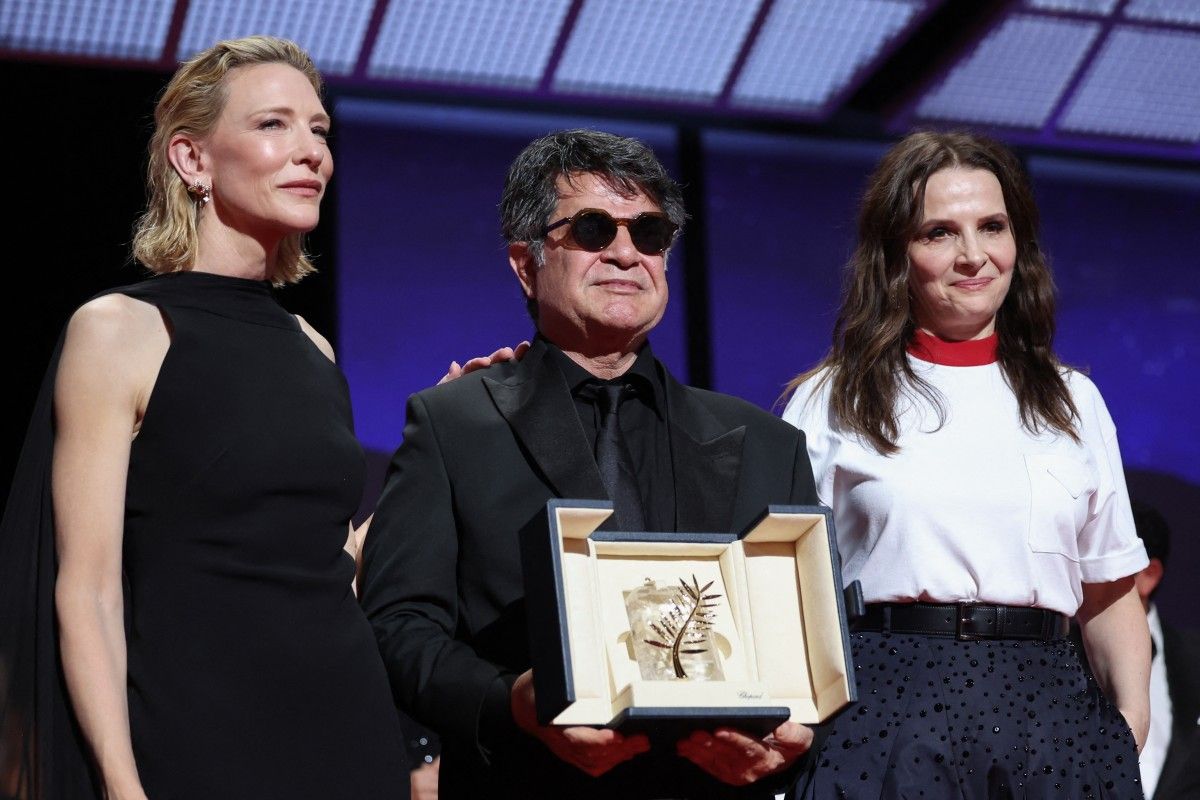
The 78th Cannes Film Festival ended on a powerful political and emotional note, with the Palme d’Or awarded to Iranian filmmaker Jafar Panahi for It Was Just an Accident, a film secretly shot in Iran. After years of being banned from filmmaking in his home country, Panahi was exceptionally allowed to attend the festival and accept the prize in person.
The curtain came down on the 78th Cannes Film Festival Saturday night with a deeply symbolic moment on the Croisette: Iranian director and political dissident Jafar Panahi was awarded the Palme d’Or for his underground film It Was Just an Accident. Shot in secret, the film moved the jury—chaired by Juliette Binoche—who granted it the festival’s highest honor.
At 64, Panahi made a triumphant return to Cannes, fifteen years after his last appearance. Known for his politically charged films, often censored or banned in Iran, he took the stage visibly emotional, dedicating his win to the people of his country: “What matters most is freedom for our nation,” he declared.
The 2025 awards lineup celebrated a rich diversity of voices and cinematic styles. The Grand Prix went to Norwegian director Joachim Trier for Sentimental Value, while the Jury Prize was jointly awarded to Sirat by Spain’s Oliver Laxe and Sound of Falling by Germany’s Mascha Schilinski.
Brazilian director Kleber Mendonça Filho took home Best Director for The Secret Agent, which also earned actor Wagner Moura the Best Actor award for his riveting performance. On the women’s side, French-Tunisian actress Nadia Melliti won Best Actress for her role in the deeply moving French drama The Little Sister.
The Best Screenplay award went to Belgium’s Dardenne brothers for Young Mothers, and the Caméra d’Or for best first feature was awarded to Iraqi filmmaker Hasan Hadi for The President’s Cake. Nigerian director Akinola Davies received a Special Mention for My Father’s Shadow. The Best Short Film prize went to I Am Glad You’re Dead Now, a Palestinian-Greek-French co-production by Tawfeek Barhom.
This year’s festival stood out for its politically, socially, and existentially resonant films—culminating in the powerful and symbolic victory of Panahi, whose work remains a testament to artistic resistance and the enduring power of cinema.



Comments